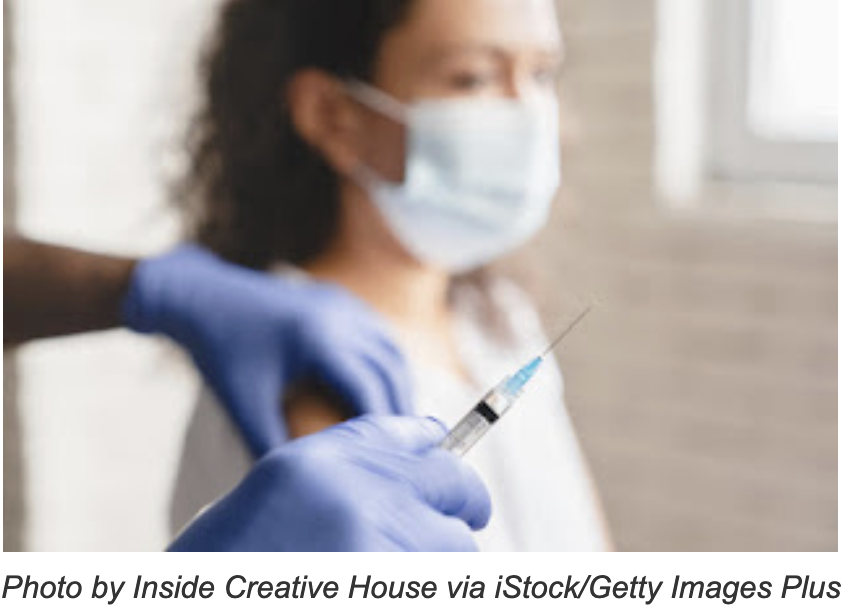Kentucky has nation’s highest rate of a type of cancer that can be prevented with a vaccine recommended for 11- and 12-year-olds

By Erin Poteet
University of Kentucky
Kentucky has the nation’s highest rate of cancers caused by the human papillomavirus — a dire statistic considering HPV can be largely preventable through vaccination.
The HPV vaccine can prevent over 90% of sexually transmitted cancers caused by the human papillomavirus, including cervical, anal, penile, vaginal, vulvar and head/neck cancers.
Today, you can take an extra step toward protecting your children against HPV-related cancers with the HPV vaccine. The Centers for Disease Control and Prevention now recommends that all 11-12 year-old children (girls and boys) get just two doses, with the second being given 6-12 months after the first.
While the vaccine is most effective when given to children, it can still provide protection against HPV for teens and adults. So if you have not yet been vaccinated for HPV, it may not be too late. The FDA now approves the use of the HPV vaccine in men and women up to age 45.
People aged 26 to 45 should discuss the benefits of the vaccine with their doctor. Getting vaccinated in this age range can still have benefits, since people can acquire different strains of HPV over time. If you’re unvaccinated, you can still acquire the higher-risk strains later in life.
In addition to the HPV vaccine, it’s important for women to get regular screenings for prevention and early diagnosis of cervical cancer. Also known as a pap smear, this test looks for cancerous cells on the cervix, and can even find precancerous changes that have not yet developed into cancer. Screenings usually begin at age 21 or three years after first sexual intercourse. Talk to your doctor about a timeline for regular screenings.
One reason the vaccine (and for females, cervical screenings) is so important is because HPV-related cancers often don’t cause obvious symptoms until more advanced stages.
For cervical cancer, some of the most common symptoms reported include abnormal bleeding or bleeding after sexual intercourse, and an abnormal discharge. As the cancer advances further, it can cause urinary blockage, back pain, leg swelling, or neuropathic pain, such as a “pins and needles” sensation in the skin.
Erin Poteet, Pharm.D., is director of retail and community pharmacy services for UK HealthCare.